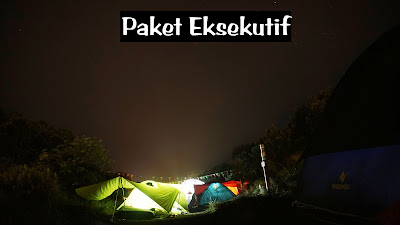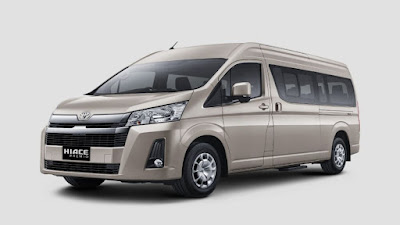Photo: AP
VOANEWS-Tunisian Islamist party leader Rachid Ghanouchi, reacts during an interview with The Associated Press in El Menzah, Tunisia, January 30, 2011.
Islamist leader Rachid Ghanouchi has been in Tunisia's spotlight since returning to the North African country after more than two decades in exile.
In the past, Tunisian authorities have cracked down hard on political Islam. Many are wondering what role it will play as Tunisia tries to build a multiparty democracy.
Ghanouchi is quick to stress his brand of religious politics is open, moderate and tolerant. It is something he has stressed repeatedly, including in an interview with VOA.
Ghanouchi says his party, Ennahda, wants a democratic republic and does not search to install an Islamic republic.
He said that the ideology of Ennadha has matured since the 1980s and Islam and democracy go toghether.
Ghanouchi's party means renaissance in Arabic. And Tunisia is also undergoing a rebirth, of sorts, as it shakes off its autocratic past.
During a brief window of openness after former Tunisian president Zine el Abidine Ben Ali took power in the late 1980s, Ennadha was Tunisia's most powerful opposition party. It captured 17 percent of the vote in 1989 legislative elections. Then Mr. Ben Ali cracked down, sending many Islamists to prison. Others, like Ennahdha's Ghanouchi, went into exile.
On the streets of Tunis, some describe years of official harassment against Muslim fundamentalists.
One young man, who sports the beard of a devout Muslim, said he was rejected from civil service jobs he had applied for despite scoring well in tests.
Both Ben Ali and Tunisia's post-independence leader Habib Bourguiba had little tolerance for political Islam, as they shaped a staunchly secular, westernized nation.
Today, says Fatma Karray, executive editor for the Tunisian newspaper Chourour, Tunisians are being reintroduced to Ennadha.
Karray says just how much support Ennadha has here will be clear in the coming months, as the country prepares for democratic elections. Right now, she says, it's hard to say.
Businessman Boujemaa Bedhaif, a devout Muslim, believes Tunisians will eventually embrace political Islam.
Bedhaif says Islamists must have a place in politics - the Koran is the Destour for Muslims, referring to Tunisia's founding party.
But other Tunisians, like Ismael Skheir, see Ennadha as a minor political player.
Skheir says that in a multiparty democracy there should be a place for Ennadha, but a limited one.
The dominant face of the recent protests in Tunisia and in other Arab countries is not a religious one. Even in Egypt, now being rocked by massive anti-government demonstrations, the long established and popular Muslim Brotherhood was late to join the movement. It is now part of a loose opposition coalition with westernized Egyptian ex-diplomat, Mohammed El Baradei, at its helm.
However big a force political Islam will become in Tunisia and elsewhere in the Arab world is anybody's guess. But analyst Mansouria Mokhefi, of the Paris-based French Institute of International Relations, believes the West needs to deal with its reality.
Mokhefi says Western nations need to prepare for future democracies in the Arab world in which Islamic parties will play a role. After all, she says, Islam is part of the Arab identity.






.webp)














0 Komentar